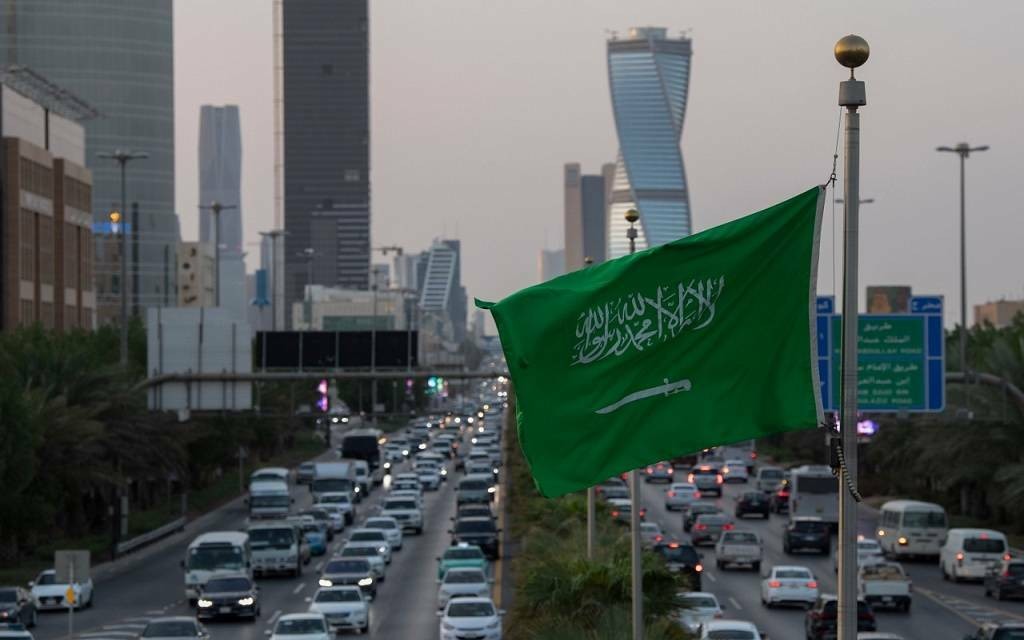The Purchasing Managers' Index (PMI) from Riyad Bank showed another strong improvement in business activity in Saudi Arabia's non-oil private sector in June 2024, as companies increased their output levels to support sales and projects.
The rise in activity came despite further evidence of a softening in demand expectations, with new order growth falling to its weakest level in nearly two-and-a-half years, according to the Purchasing Managers' Report, released on Wednesday.
Non-oil producing companies posted the slowest increase in input purchases in nearly three years as they looked to ease recent builds in inventories, while job growth also eased from May.
Meanwhile, there were other reports that offering discounts to customers had affected overall selling prices, countering efforts to pass on the strong increase in input prices to customers.
The headline PMI fell for the second month in a row in June, falling from 56.4 in May to 55.0 in July. Although the reading was well above the neutral level of 50.0, consistent with a strong improvement in business conditions, it was the lowest reading recorded since January 2022.
The decline in the headline index was largely due to a weaker increase in new orders, with the growth rate slowing for the third straight month to its lowest level in nearly two and a half years.
While some non-oil producing companies reported increased demand, new customer acquisitions and business development spending, others pointed to deteriorating market conditions.
Overall new order rates were partly helped by a strong increase in export sales, which was also the fastest in 2024 so far.
Despite the continued decline in new order growth, non-oil producing companies continued to record a significant increase in activity, with June data pointing to a pick-up in growth, and many members of the study panel noting that the volume of existing orders was sufficient to support an expansion in production, leading to a reduction in backlogs.
As production requirements increased, non-oil producing companies also reported continued increases in their headcount, however, amid some evidence that companies are tightening their operating costs due to wage pressures, the increase in headcount was modest and lower than in May.
“Looking at the second quarter as a whole, the second quarter growth figures still point to a positive outlook for Saudi Arabia’s non-oil GDP, with growth forecasts exceeding 3%,” said Naif Al-Ghaith, Senior Economist at Riyad Bank. “The overall performance of the non-oil sectors throughout the quarter continues to drive economic growth and diversification efforts in the country.”
“High levels of production, stable supply chains and a moderate pace of job creation point to a resilient and expanding non-oil economy,” he added.






































